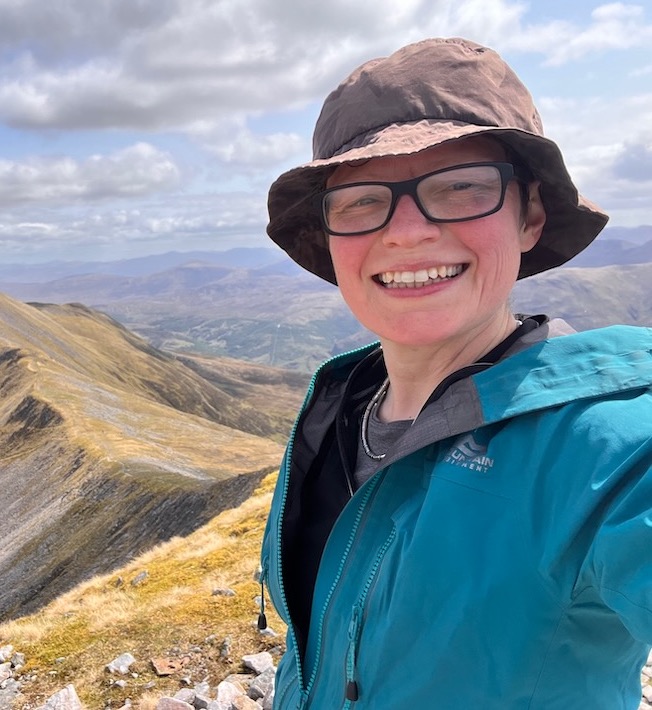
How To Score Your First Writing Gig (From My First Hand Experience)
Written by Monica Shaw
The story of how I got my first freelance writing job with absolutely no prior experience in publishing is integral to the founding of Writer's Residence. Today, I'm sharing this story with you in hopes that it will be useful to those just starting a writing career.
Here's a overview, with time estimates:
- I quit my day job (instantaneous)
- I set up a website that declared myself a writer (about a week)
- I thought about things I wanted to write about and researched publications that might go for it (eternal)
- I pitched editors article ideas until one such idea was commissioned (a month or two)
Here's the longer version...
First, the background
I studied math and was a statistician at a big bank in London before taking the plunge into freelance writing. I've always enjoyed writing, and have always written as a hobby (when I was a kid, I used to write imaginary travel articles about places I wanted to visit, and then staple the pages together into a "magazine" - my first foray into self publication!). I was also editor of my high school newspaper and worked at the Daily Illini student newspaper at the University of Illinois. But all of this writing stuff sat next to my interest in math and science, which seemed like a far more lucrative career prospect anyway.
So a career in math and science I had, but it didn't make me happy (I partially blame the business suit I was required to wear at the bank). I came to realise that the aspect of my work that I enjoyed the most was the writing: be it writing business reports, academic articles or educational material. I've always liked the technical side of things, but what I really LOVE is putting that technical stuff into words that mere mortals can understand.
In 2008 I quit the bank and decided to devote myself to becoming a freelance writer. I decided to give myself 3 months to make a nudge into the business. I spent that time largely reading various books on "how to become a freelance writer" and pitching article ideas to editors. Two things were critical to my success:
- Being confident that YES I AM a writer and
- Capitalising on my strengths to get the gig
My writing website: the marketing machine!
The funny thing about being a writer is that it's pretty easy to become one. It's really just a matter of declaring yourself a writer, being confident in that declaration and showing off a few pieces that prove this declaration is true. To make this declaration "digitally", I created a website, something that contained some writing samples and told the world that I'm a professional writer and I take my career seriously.
I had to get creative about what to put in my writing portfolio as I hadn't really been published anywhere yet, and have written about this previously here: Writing samples: What if I haven't been published?
Get over the dream to get closer to the dream
In my dream world, I would like to get paid to write about food, health and fitness (and I've made a lot of headway into this arena already, but that's another story). At the start, try as I might to pitch to food and fitness publications, I found it super challenging to make any headway because I had no clips whatsoever. I soon realised that I needed to capitalise on my strengths: I have a math and science background and am capable of writing technical stuff in a non-technical way. So I decided to put the food stuff aside for a moment and seek out a science-angle for my first paid commission.
Give them something they can't get anywhere else
I like to keep an eye on Science Daily, and stumbled across a press release about a research study into endorphins and runners high. This appealed to my interest in health and fitness, but also had a strong science angle that I felt I could explore with authority. It was also timely as the London Marathon was coming up.
I decided to contact the lead researcher cited in the article and ask if he'd submit to an interview. He did (most people are very happy to give an interview, especially scientists who are just thrilled to bits when someone is interested in their work). I then used that interview as grounds for a pitch to a few national papers. In the end, The Daily Telegraph bit, but it took a little work to seal the deal.
First, I had to follow up. A few times. When I mentioned that the work was starting to get press in other papers, I got a response. Guess what the editor asked:
"Have you any examples of what you have written before I could look at?"
So I sent a link to my website and this is what I got back:
"Get me 500 words by Fri first thing."
(Here's a link to the original article at telegraph.co.uk.)
Back to dreaming
After that, getting new commissions got easier, and they get easier all the time now that I have a good collection of writing samples under my belt. It's not all rock star writing - in fact, a good bulk of my work is in copywriting and content writing for small businesses. But it IS rock star writing because I'm doing it as a sole trader and have total control over who I work with and the jobs I choose to do. Now, over 15 years later I'm still a freelance writer. I'm also a freelance data analyst, the owner and founder of Writer's Residence and an Associate Lecturer at the Open University. I do it using many of the same tactics I used to get that first gig: be creative, be persistent and, perhaps most critically, present yourself as a professional who's confident in what they do and takes their work seriously.
Suffice to say, I've never looked back at the bank... or its ridiculous outfits.
I would love to hear more writers tell their story about how they got their first gig. If you'd like to tell your story and have it featured on our blog, please get in touch!
Ready to share your online writing portfolio?
Don’t forget, we’re on hand to help you launch your portfolio during your 30 DAY FREE TRIAL.
Get started for FREE